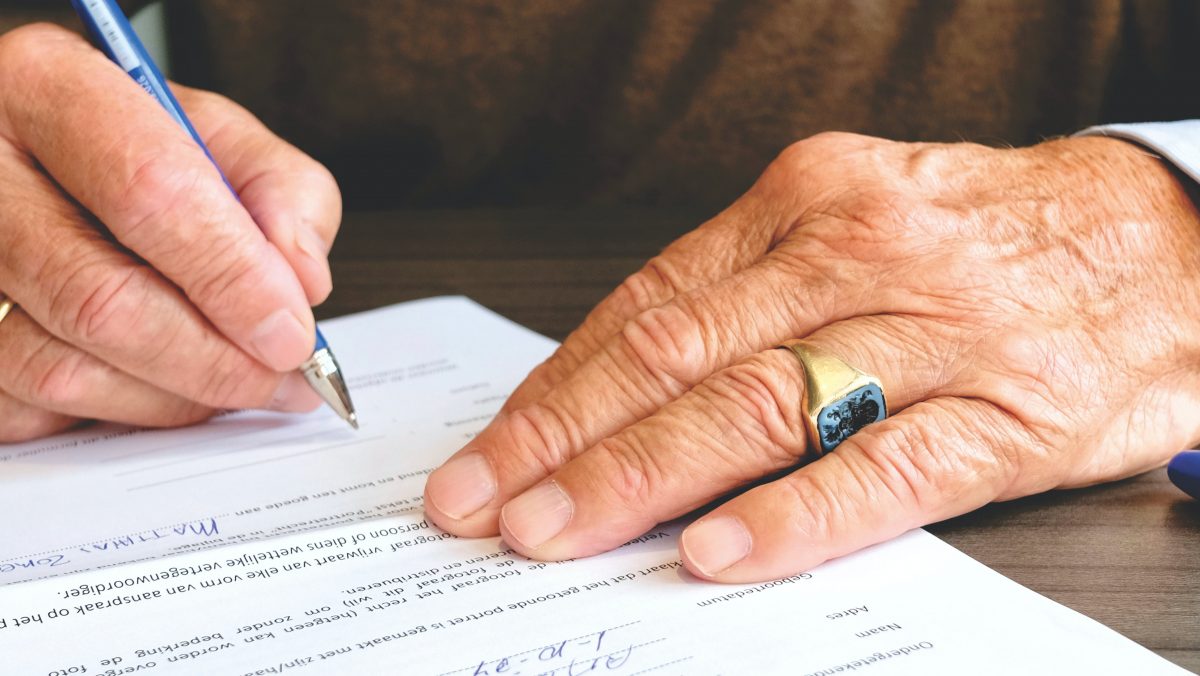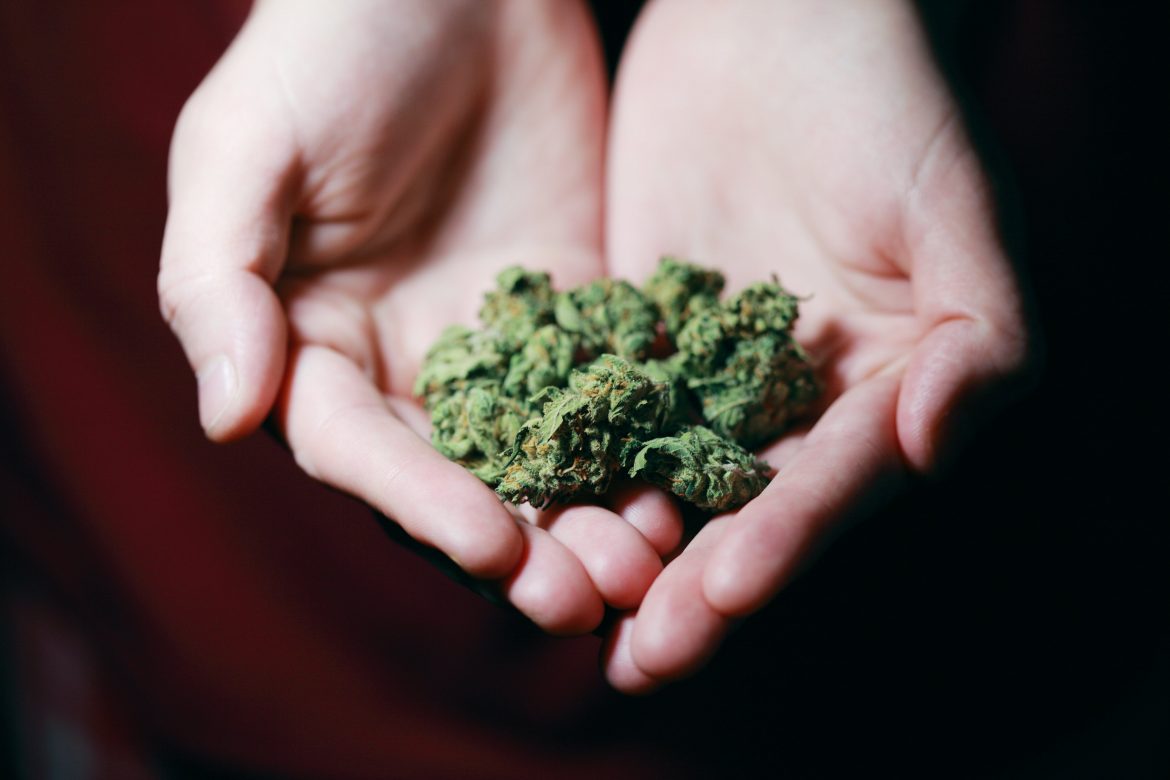Jacob Bailey, co-owner of local business Ammonite CBD, has called upon the Food Standards Agency (FSA), to address a “grey area” surrounding UK cannabinoid regulation.
As for every other CBD vendor in the UK, the FSA, which is responsible for ensuring that food is safe and accurately labelled, have approved not one of Ammonite’s products.
Founded during lockdown, Bailey’s Kingston-based business operates an e-commerce website selling what they call “broad-spectrum” cannabinoid products – oils and capsules containing CBD, CBG, and CBC.
These compounds, unlike their psychoactive counterpart, THC, do not cause a “high” and are all legal in the UK.
When Bailey approached the FSA for clarification on what his company could and couldn’t sell, they were unable to provide adequate answers.
Instead, despite the UK having left the EU three years ago, Bailey has been forced to seek advice on his products from an EU-based industry association, the European Industrial Hemp Association (EIHA).
Even though the FSA requires CBD suppliers to apply for a license by submitting their products for testing, they have “never asked for tests” on Bailey’s products nor given him a license.
Despite Ammonite pre-emptively sending their samples for analysis anyway, they still haven’t received a response.
How big is the problem?
It’s not just Ammonite CBD who still await FSA authorisation for their products.
According to the FSA, “there are currently no authorised CBD extracts or isolates on the market”.
“The FSA has been so overwhelmed with applications and products [that] they don’t know what to do with themselves,” Bailey said.
The UK CBD industry is already flying high, with Britons spending more on CBD than Vitamin A and B combined. In 2021, it generated over £690 million in sales. This figure is expected to surpass £1 billion by 2025.
The legal ‘grey-area’ with CBD

Thanks to a legal “grey area”, Ammonite and many other businesses are still able to sell their products without explicit approval.
With no proper licensing system in place, Bailey warned this enabled people to produce so-called “snake oils”, saturating the market with low-grade products.
“There’s a lot of people making CBD in their bathrooms, making it in random places with random attributes, random ingredients,” he said.
This is not a practice Bailey encourages, adding that he sources all his ingredients and compounds for his products from lab-tested American suppliers approved by the Food and Drug Administration (FDA).
FSA consumption guidelines
Further confusion was added to the mix in October when the FSA reduced its recommended daily consumption limit of CBD from 70mg to 10mg.
The updated guidelines, described as “a grenade” by one disgruntled CBD entrepreneur, are based on new evidence from [the FSA’s] independent scientific committee that high CBD consumption could lead to liver damage.
Meanwhile, Bailey insisted that owing to lack of research, the link between CBD and liver damage is far from proven.
“[The FSA] don’t actually know [the effects]…it seems like they just want to be on the safe side of the argument,” he said.
Are there Health Benefits?

Though he admitted he was not able to state categorically that CBD was safe, Bailey did say that his customers said it helped with a range of problems, including insomnia and anxiety.
Animal studies, and self-reports or research in humans do show that CBD can be used as a tool to help alleviate these issues. However, much more research still needs to be done according to Bailey.
“We’re not going to sit here and say its going to cure your issue because I can’t make that claim until someone actually proves that it does do it.”
In the meantime, Bailey’s products still await FSA approval.





